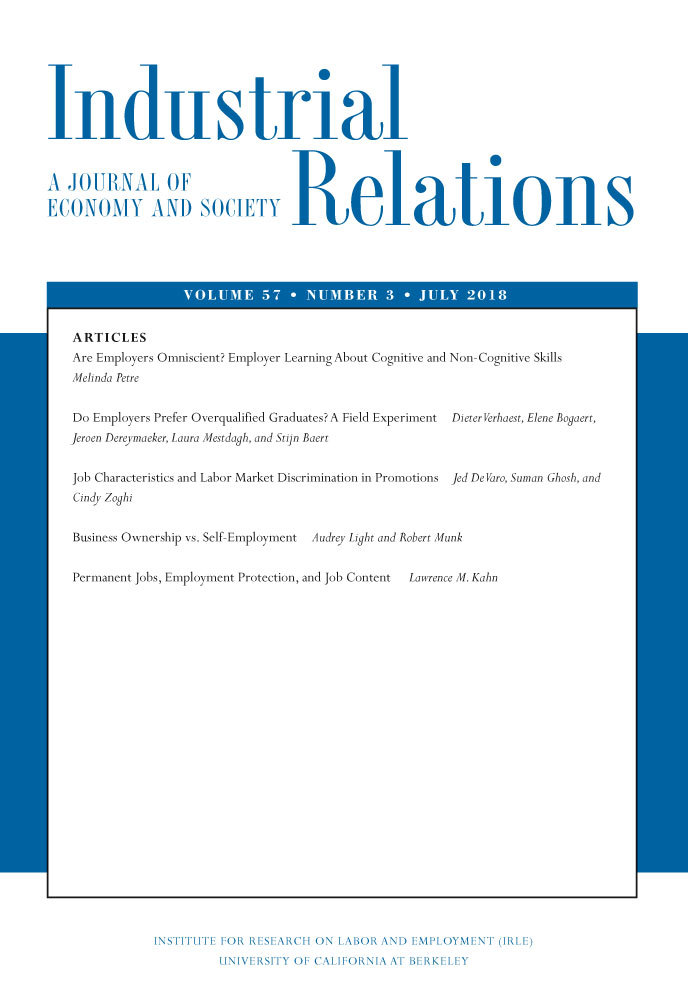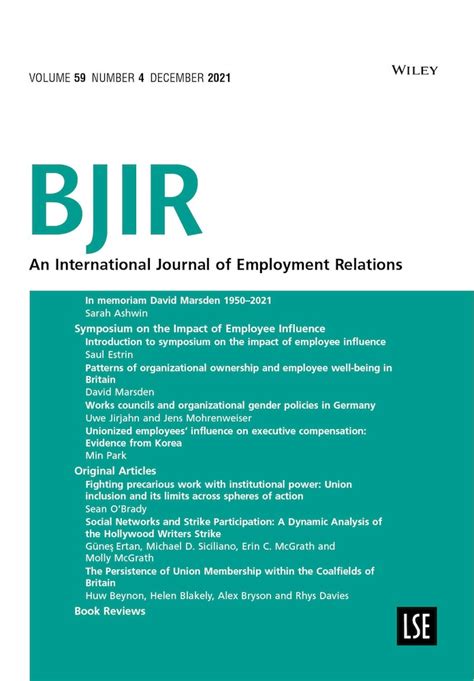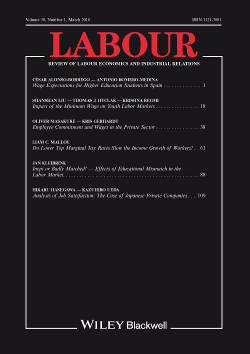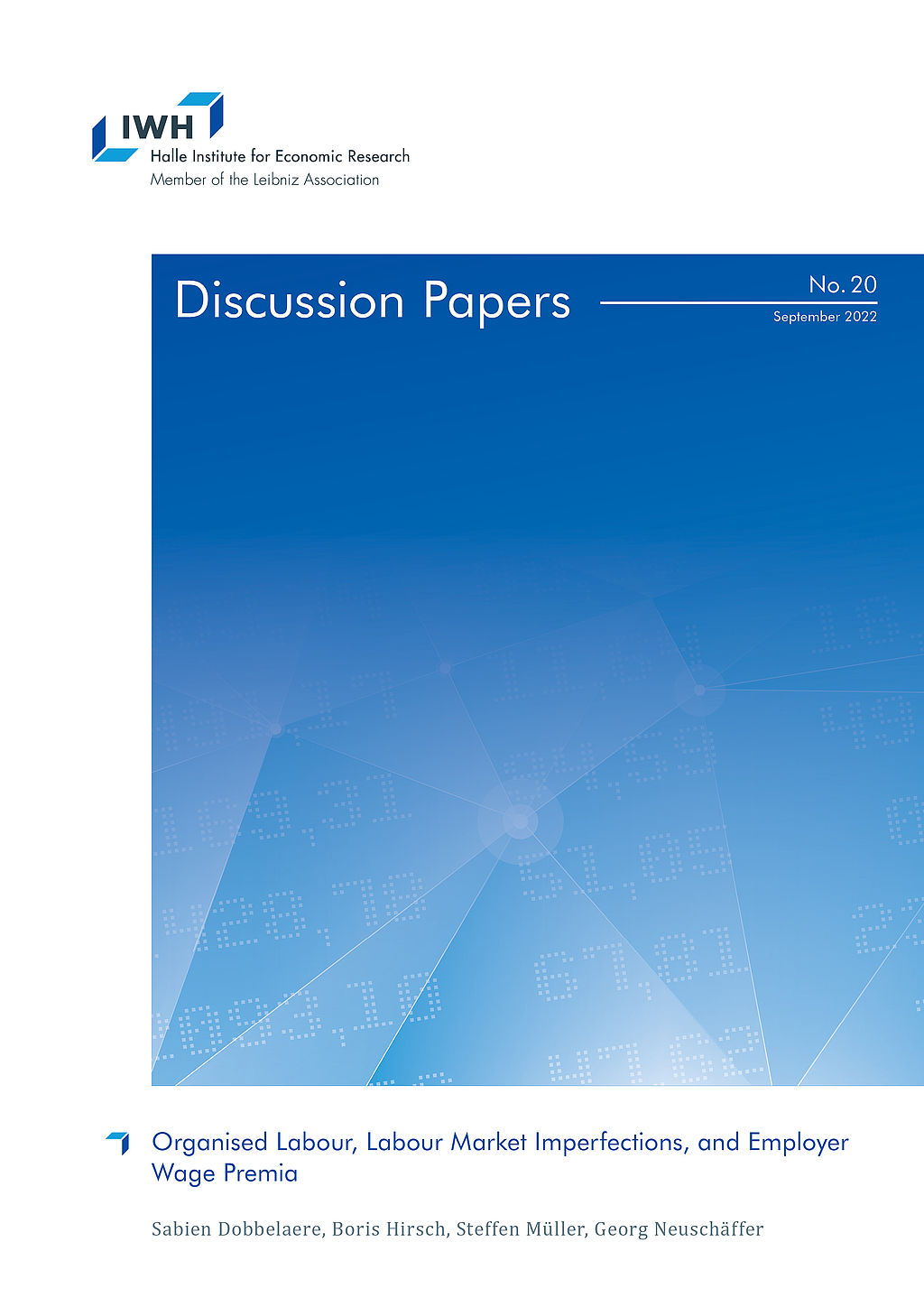Professor Dr Boris Hirsch

Current Position
since 12/16
Research Fellow Department of Structural Change and Productivity
Halle Institute for Economic Research (IWH) – Member of the Leibniz Association
since 08/16
Professor of Economics
Leuphana University of Lüneburg
Research Interests
- labour markets
- industrial relations
- empirical labour economics
Boris Hirsch joined the Department of Structural Change and Productivity as a Research Fellow in December 2016. His research focuses on the theory and empirics of imperfectly competitive labour markets, empirical labour economics, industrial relations, and migration.
Boris Hirsch is Professor of Economics, in particular Microeconometrics and Policy Evaluation, at Leuphana University of Lüneburg.








